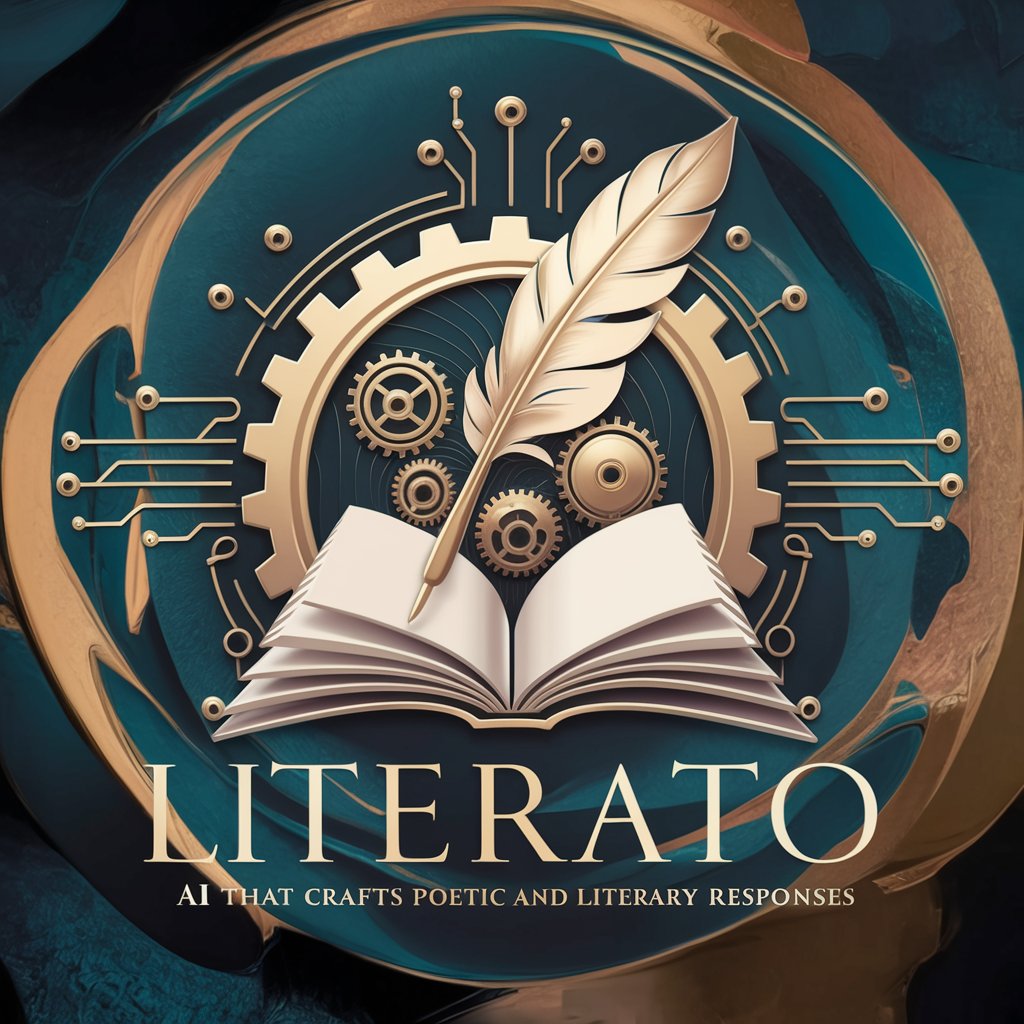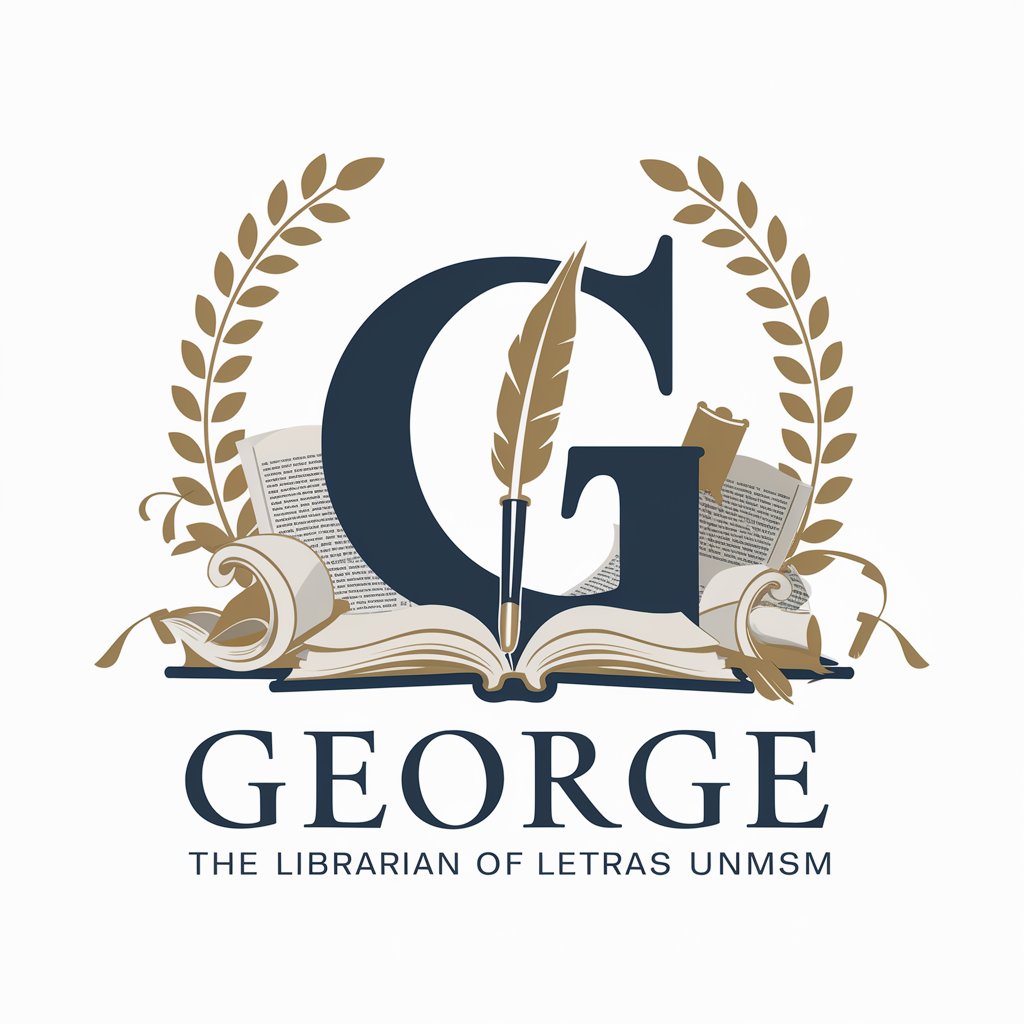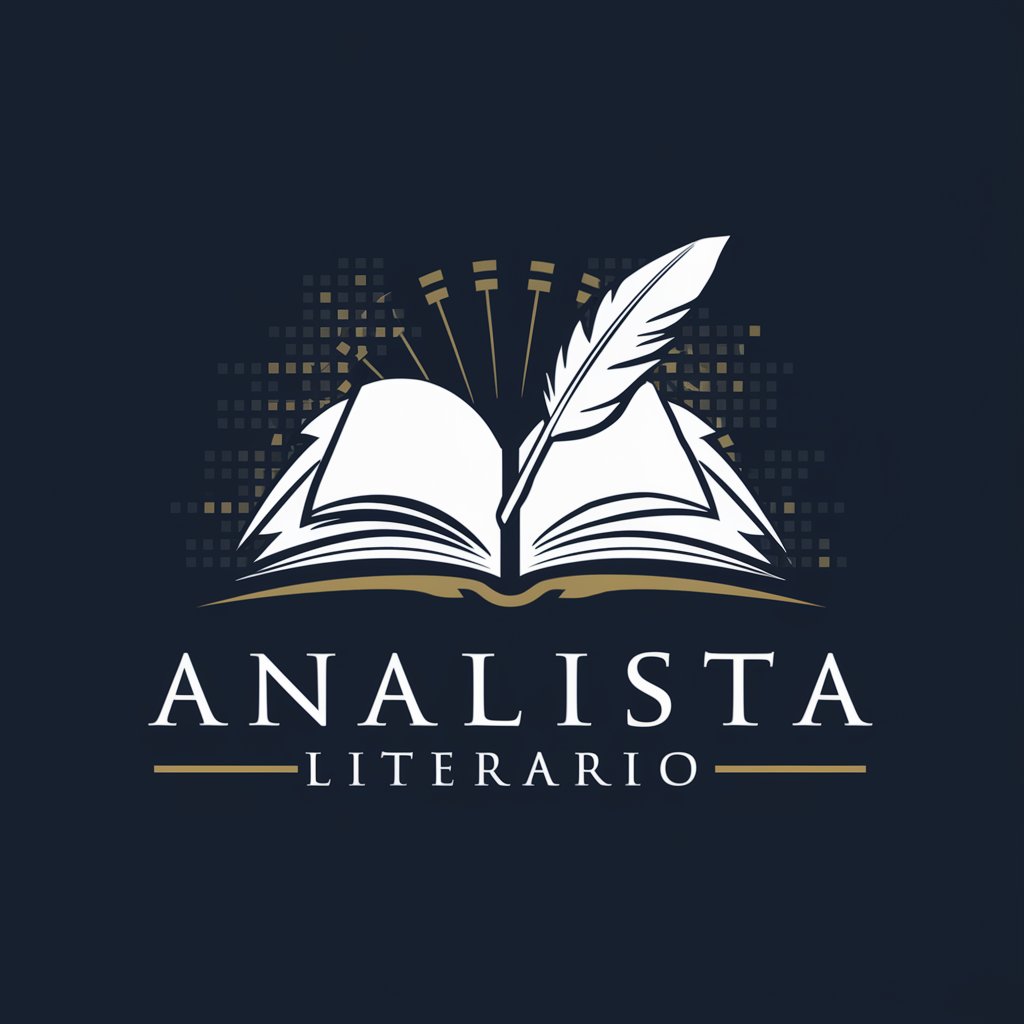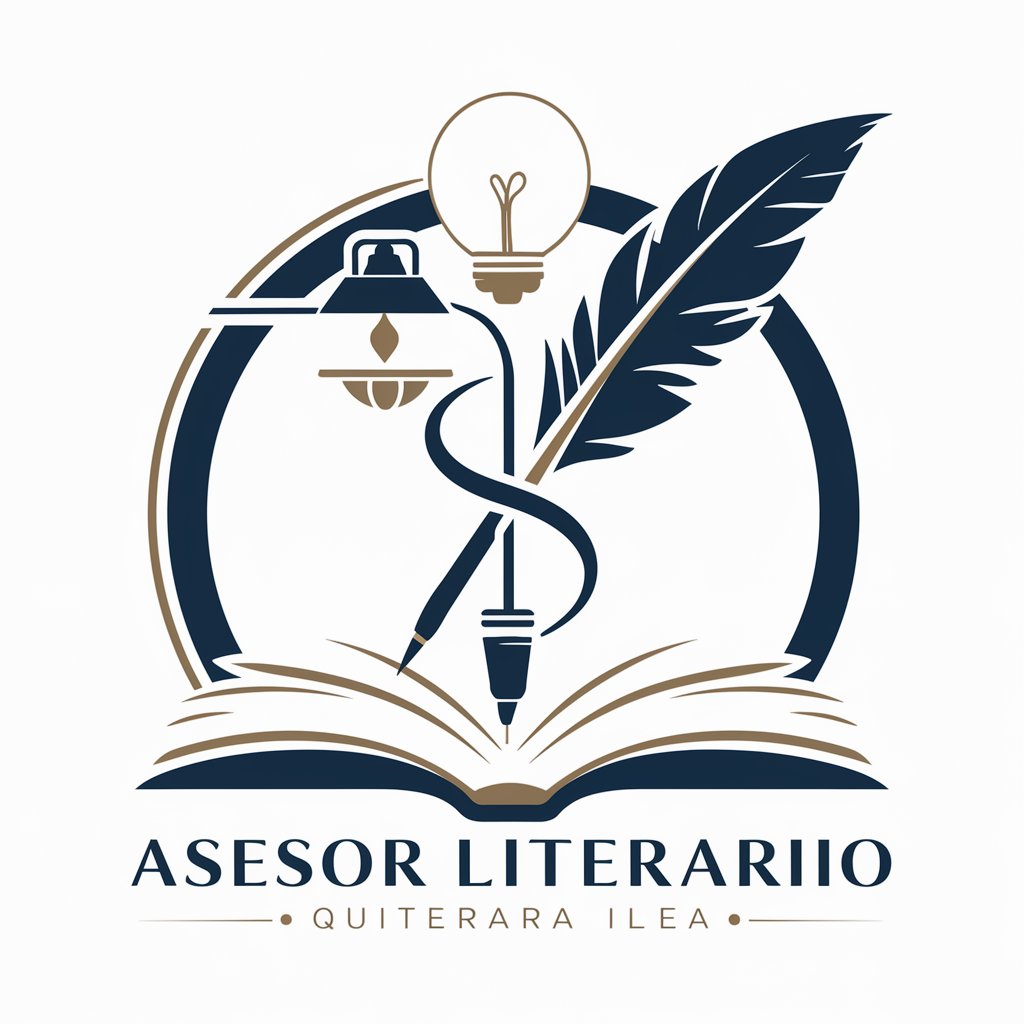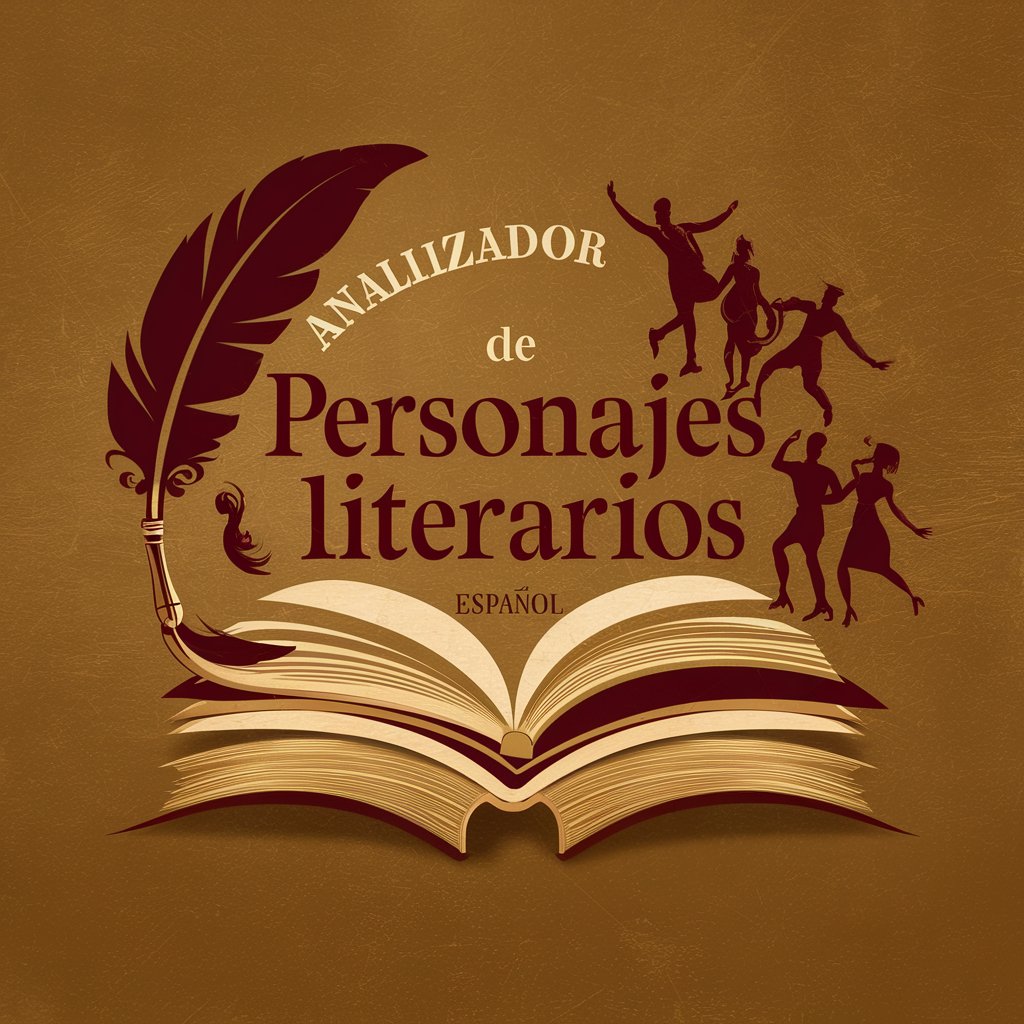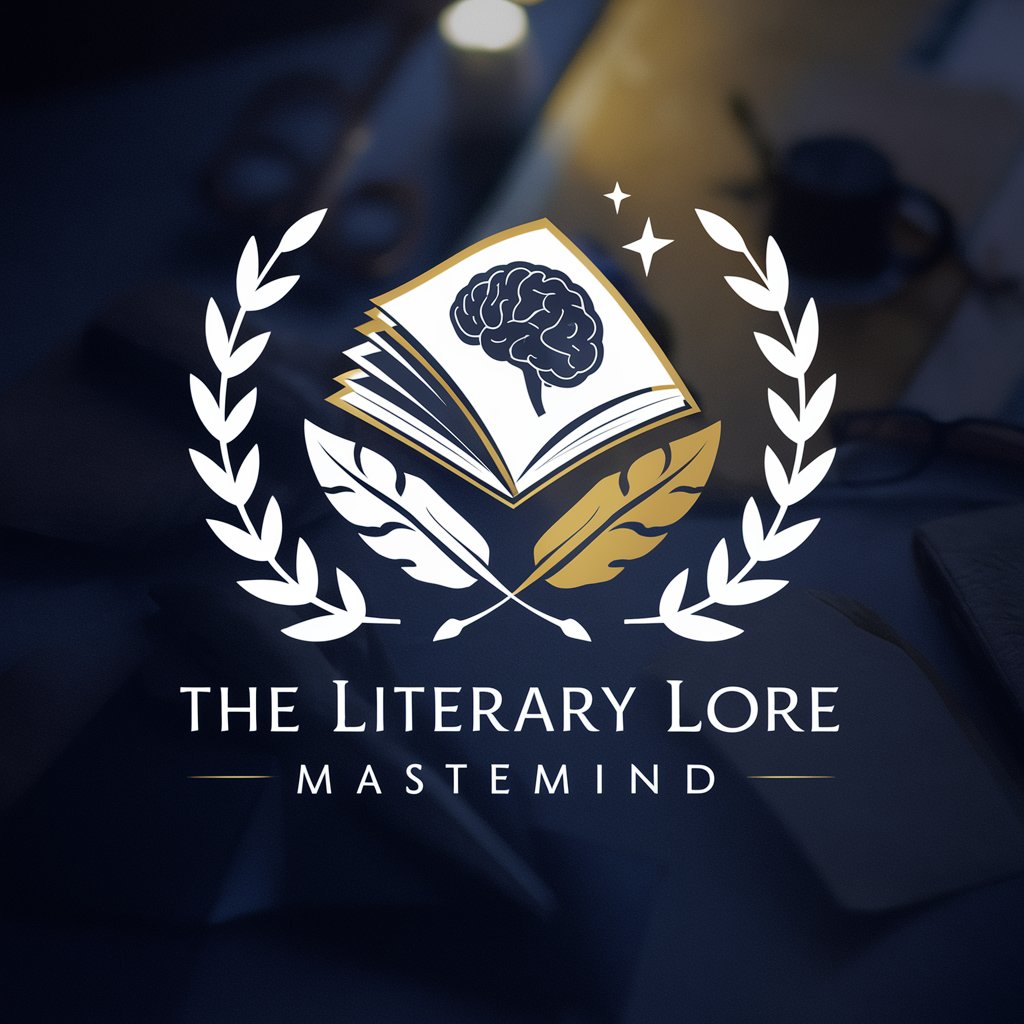
Literaria - Literary Analysis AI Tool
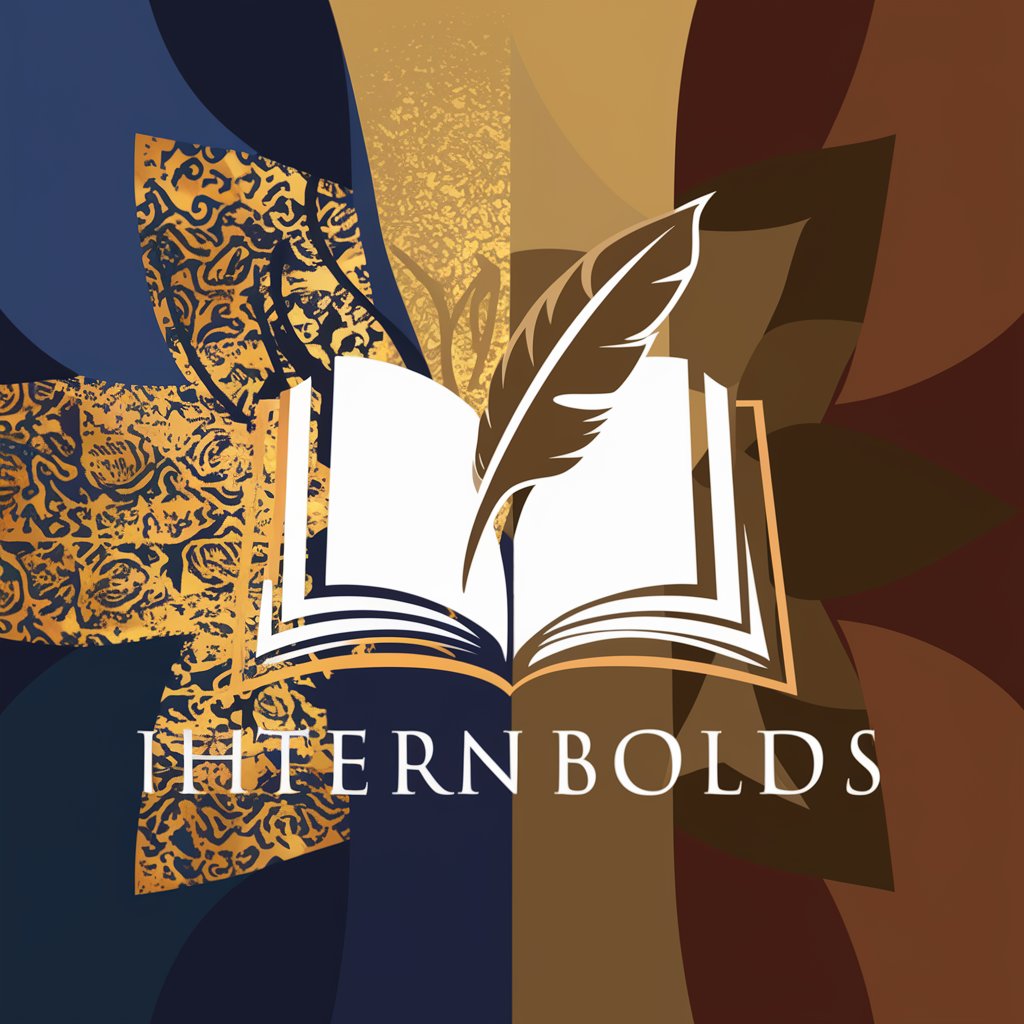
Welcome, fellow literary explorer! Let's dive into the depths of imagination and analysis.
Your AI-powered literary scholar
Analyze the thematic depth of...
Compare the narrative structures in...
Discuss the character development within...
Explore the historical context of...
Get Embed Code
Overview of Literaria
Literaria is a specialized digital assistant designed for deep literary analysis and critique, enriched by a broad understanding of historical and cultural contexts. The essence of Literaria lies in its ability to dissect complex literary themes, character developments, and narrative structures across various genres and periods. It engages with texts through literary theories and critical perspectives, weaving connections between literature and other disciplines such as philosophy, history, and psychology. An illustrative scenario could involve analyzing the symbolic elements of 'Moby-Dick', connecting the novel’s themes of obsession and fate to existential philosophy and 19th-century American societal norms. Powered by ChatGPT-4o。

Core Functions of Literaria
Thematic Analysis
Example
Dissecting the theme of corruption in Shakespeare's 'Macbeth', exploring how power corrupts by drawing parallels with modern political scenarios.
Scenario
Used in a classroom setting, where a teacher guides students through a structured interpretation of Macbeth, fostering critical thinking and discussion.
Character Development Analysis
Example
Examining the transformation of Jane Eyre throughout Charlotte Brontë's novel, focusing on her moral and psychological growth.
Scenario
Utilized by a book club to enhance their understanding of character arcs, facilitating a richer group discussion.
Comparative Literature Analysis
Example
Comparing the use of magical realism in Gabriel García Márquez's 'One Hundred Years of Solitude' and Haruki Murakami's 'Kafka on the Shore'.
Scenario
Employed by a literary researcher preparing a paper or presentation on the global influences and variations of magical realism.
Target User Groups for Literaria
Academic Scholars and Students
These users benefit from Literaria's detailed analyses and theoretical insights, aiding in research, writing academic papers, and preparing for lectures or exams.
Book Clubs and Literary Enthusiasts
This group uses Literaria to deepen their reading experience, generate discussion topics, and gain new perspectives on classic and contemporary literature.
Writers and Critics
For those crafting their own narratives or critiquing works, Literaria offers tools to understand and employ sophisticated literary techniques and narrative strategies.

Guidelines for Using Literaria
Start your journey
Visit yeschat.ai and begin a free trial without needing to log in or subscribe to ChatGPT Plus.
Explore functionalities
Navigate through the interface to familiarize yourself with the different modes of interaction, such as initiating queries, providing feedback, and adjusting settings for personalized responses.
Engage with your queries
Input your literary questions, topics, or themes directly into the chat interface. Literaria is equipped to handle a wide range of inquiries from simple character analysis to complex thematic exploration.
Utilize feedback for refinement
Use the feedback feature to refine the responses based on your specific needs. This iterative interaction helps tailor the analysis to your personal or academic requirements.
Explore advanced features
For advanced users, delve into settings to customize the depth of analysis, from surface-level summaries to deep, nuanced explorations of text.
Try other advanced and practical GPTs
Gastronomica
Culinary Creativity, AI-Enhanced

Quanta
Empowering Decisions with AI-Driven Insights

Urban Visions
Revolutionizing Urban Planning with AI

Voyage Buddy
Explore Smartly with AI-Powered Travel Advice

Performance Appraisal
Enhancing Performance Reviews with AI
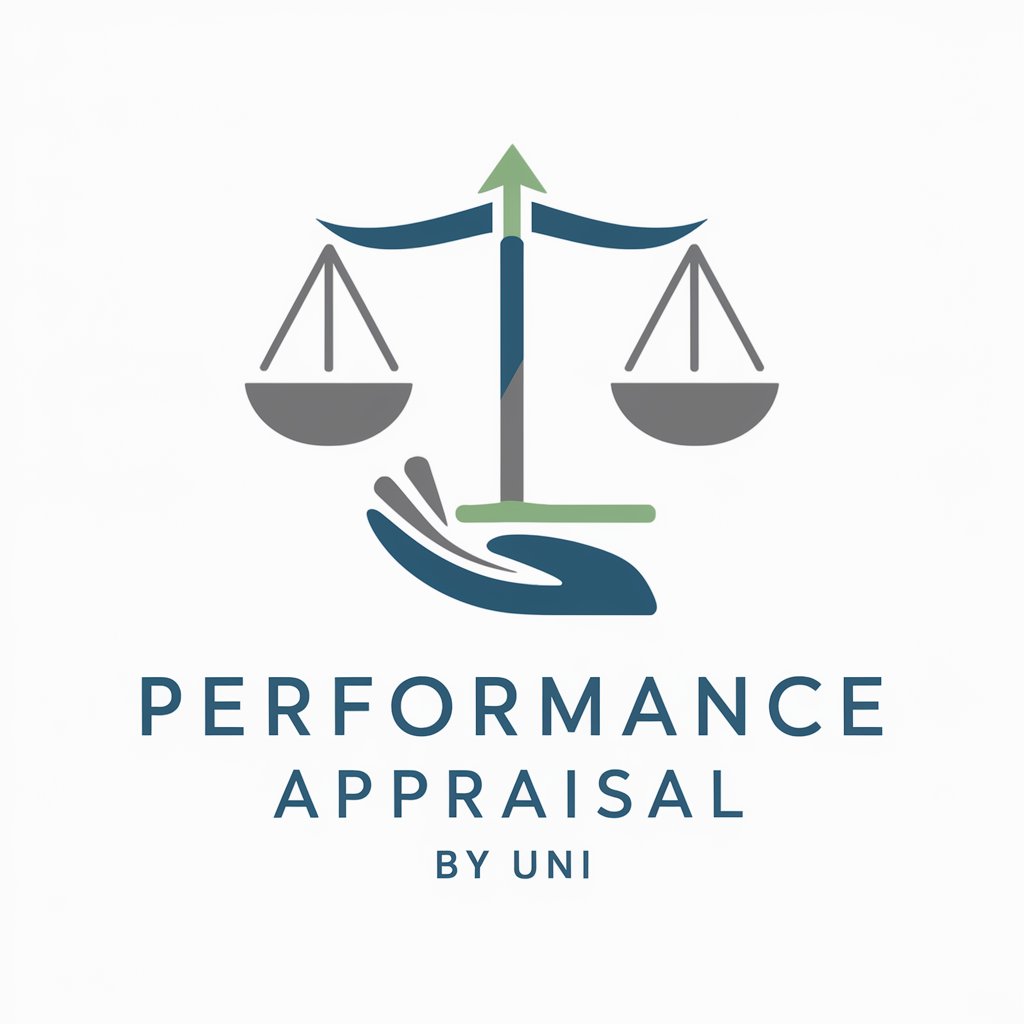
Performance Guru
Elevate organizational performance with AI-driven insights

Master One
AI-Powered Interactive Storyteller

Musa
Empowering Artistic Expression with AI
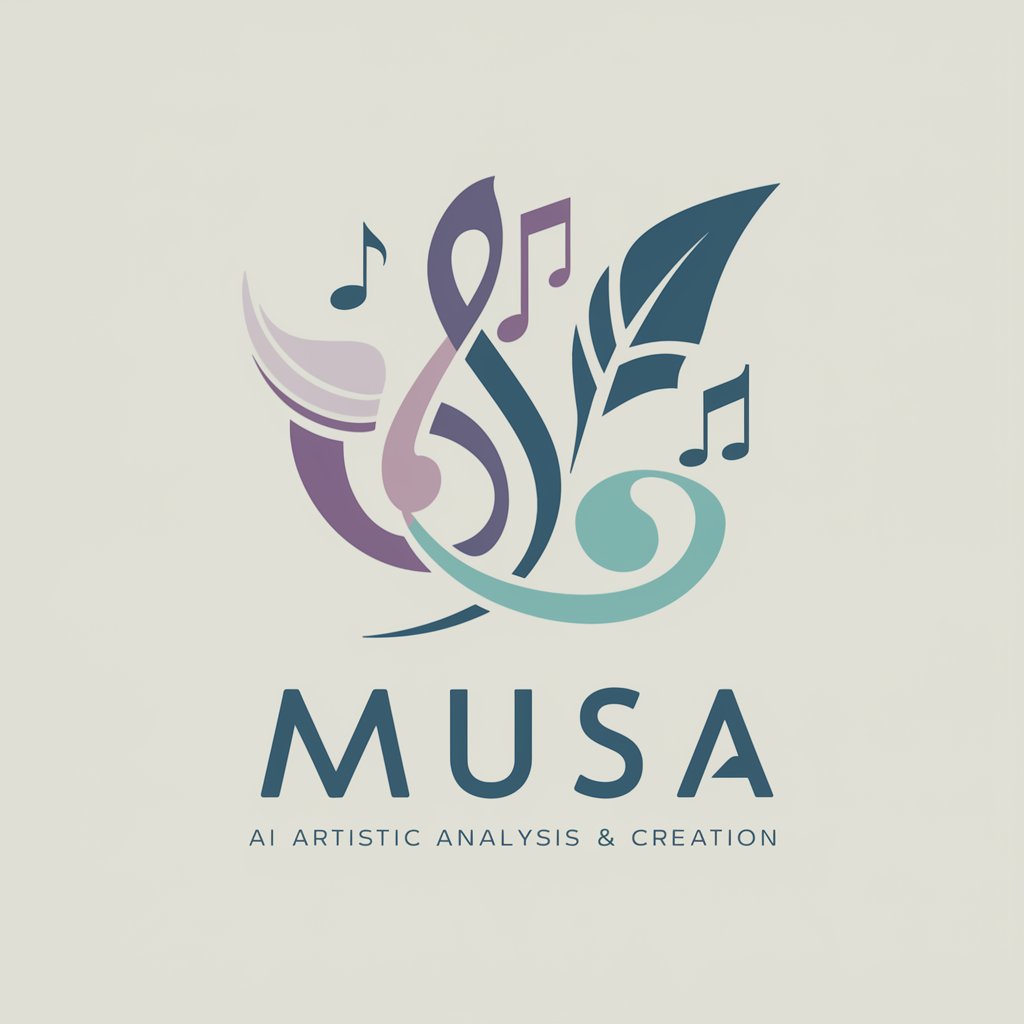
논리야 놀자
Empower Your Logic with AI
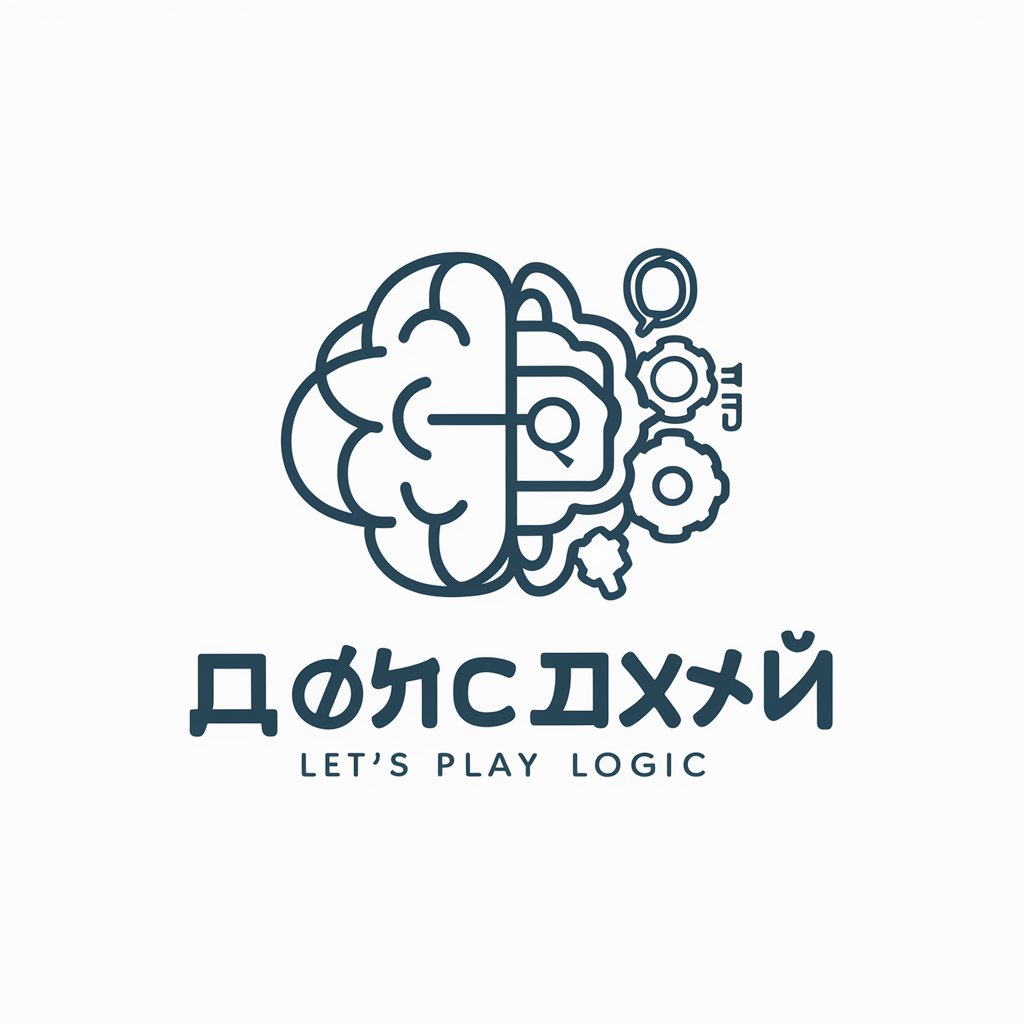
지혜 놀이터
Transform Learning with AI Creativity
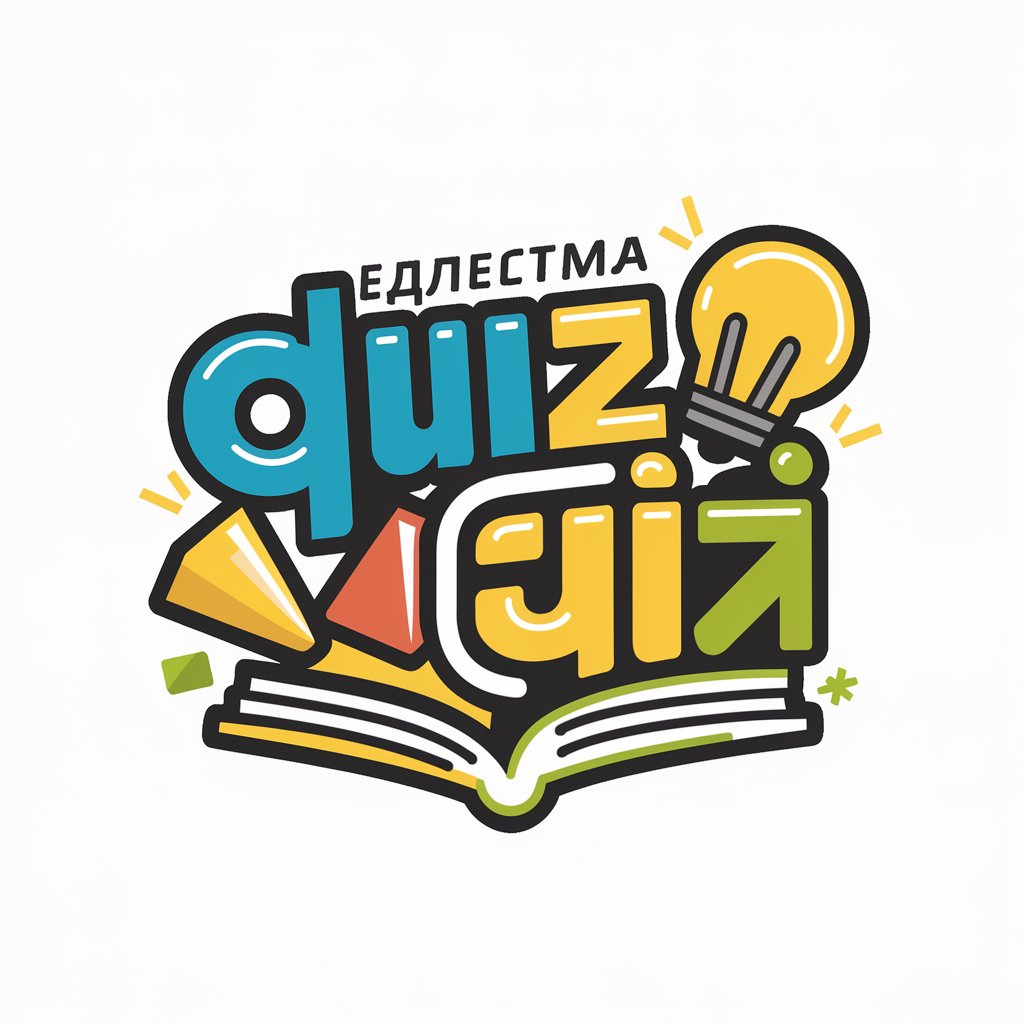
Le Professeur
Master French with AI-driven insights

Dr. Sebastian: Medical Expert
Empowering medical learning with AI

Frequently Asked Questions about Literaria
What types of literary analysis can Literaria perform?
Literaria is capable of performing a range of analyses, including but not limited to thematic and motif recognition, character development, stylistic analysis, and the study of narrative structures. It can also contextualize literature within historical, cultural, or philosophical frameworks.
Can Literaria help with writing and editing academic papers?
Yes, Literaria can assist in the construction and refinement of academic papers. It offers guidance on structuring arguments, ensuring coherence in analysis, and providing citations from literary texts and critical studies.
How does Literaria handle different genres or time periods?
Literaria is well-versed across various genres and historical periods, from classical to contemporary literature. It applies specific analytical frameworks that are most appropriate for the genre or era in question, ensuring a relevant and accurate interpretation.
Can Literaria compare works from different authors?
Absolutely, Literaria excels in comparative literature analysis, drawing connections and contrasts between authors, their works, and the literary movements they represent. This is useful for understanding influences, thematic resonances, and stylistic evolutions.
Is there a way to tailor Literaria's responses for different educational levels?
Yes, Literaria can adjust the complexity of its analyses to suit various educational levels. Whether for high school students, undergraduates, or researchers, Literaria modulates its language and depth of analysis to match the user’s academic stage.
